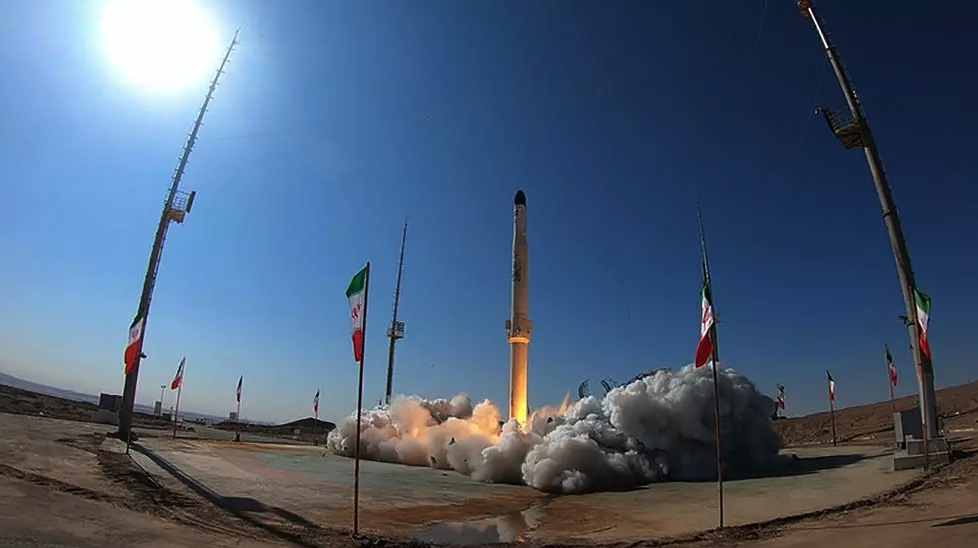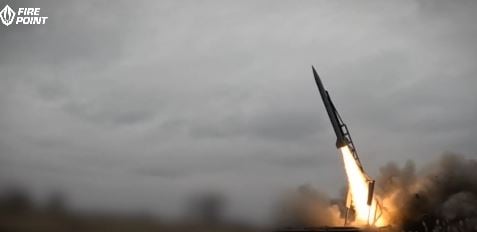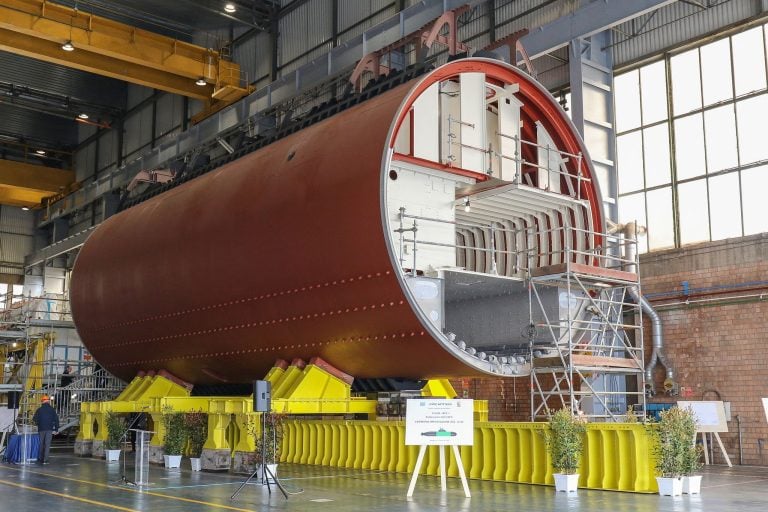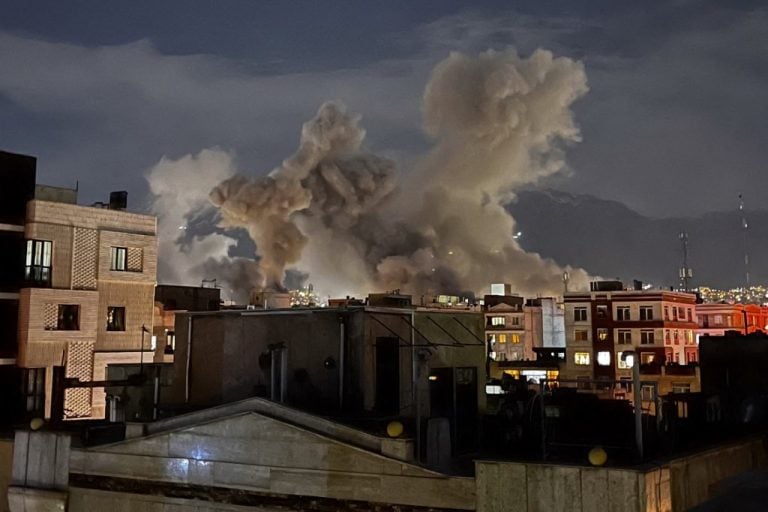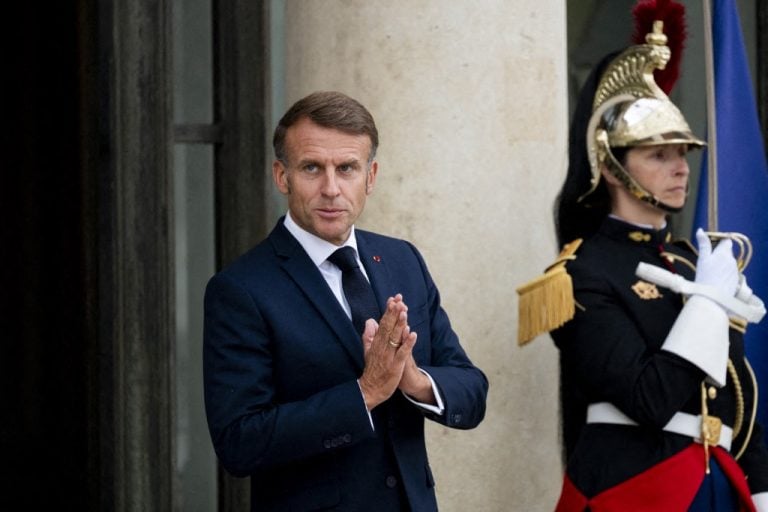The United States and Iran are gearing up for a new round of critical negotiations on Iran’s nuclear program this Saturday, following a previous round that both parties described as “constructive.” Top Iranian diplomat Abbas Araghchi and U.S. Middle East envoy Steve Witkoff will engage in these Oman-mediated discussions in Rome, a significant step in a series of high-level exchanges that have not occurred since former President Donald Trump withdrew the U.S. from the nuclear accord in 2018.
The backdrop of these talks is a long-standing history of mutual distrust and accusations. Western nations, particularly the U.S., have repeatedly alleged that Iran aspires to develop nuclear weapons, a claim Iran consistently refutes, maintaining that its nuclear ambitions are solely for peaceful, civilian purposes. Diplomatic relations between the two nations have been nonexistent since the 1979 Islamic revolution in Iran.
Since taking office, President Trump has intensified his “maximum pressure” approach, reinstating severe sanctions on Iran. Recently, he reached out to Iran’s supreme leader, Ayatollah Ali Khamenei, with a letter urging renewed dialogue and warning of military action should diplomacy falter. “I’m not in a rush” to utilize military options, Trump stated, indicating a belief that Iran is eager for negotiations.
In a statement from Moscow, Araghchi expressed skepticism about the U.S.’s true intentions, despite acknowledging a degree of seriousness observed during the initial discussions. He emphasized that Iran would still engage in the upcoming talks, albeit with caution.
The urgency of the negotiations has been echoed by Rafael Grossi, the head of the United Nations nuclear watchdog, who indicated that Iran is “not far” from acquiring nuclear bomb capabilities. Following the U.S. exit from the 2015 nuclear agreement—which had provided sanctions relief in exchange for limits on Iran’s nuclear activities—Iran initially adhered to the terms for a year before beginning to roll back its commitments.
Currently, Iran enriches uranium up to 60%, significantly higher than the 3.67% limit set by the nuclear deal, although still below the 90% threshold required for weapons-grade material. U.S. Secretary of State Marco Rubio has urged European allies to consider activating the “snapback” mechanism established by the 2015 agreement, which would automatically reimpose UN sanctions on Iran for its violations. This option will lapse in October, heightening the urgency of the discussions.
Iran has made it clear that its negotiations will center exclusively on its nuclear program and the lifting of sanctions. Araghchi characterized a potential agreement as “likely,” provided that the U.S. refrains from imposing “unreasonable and unrealistic demands.” Analysts suggest that the U.S. might seek to extend discussions beyond the nuclear program to include Iran’s ballistic missile activities and its support for various militant groups in the region.
Iran’s position on uranium enrichment remains firm, with Araghchi labeling it a “non-negotiable” point after Witkoff advocated for a complete cessation of enrichment. Iran’s military capabilities, particularly those of its Islamic Revolutionary Guard Corps, have also been declared off-limits in terms of discussions.
The escalating tensions have drawn notice from U.S. allies, with Israel reaffirming its commitment to prevent Iran from developing nuclear weapons. Meanwhile, Khamenei has advised Iranians against placing their hopes solely on potential breakthroughs in the negotiations, underscoring the precarious nature of progress in these high-stakes discussions.
